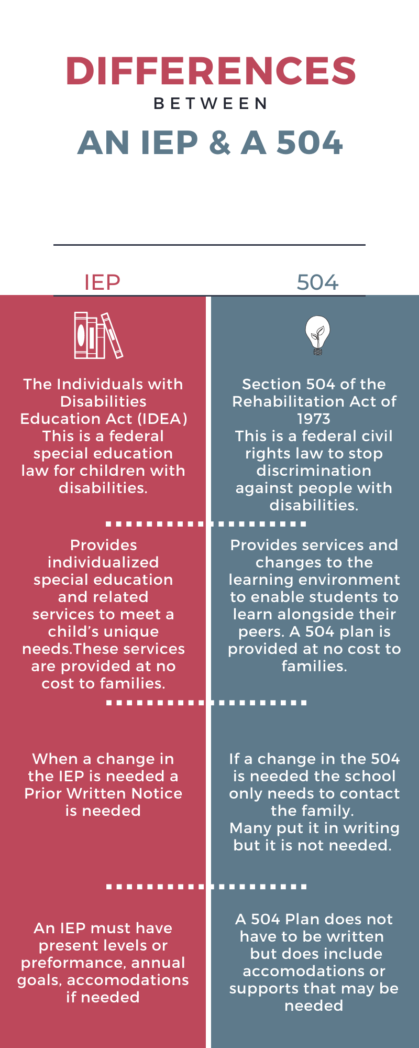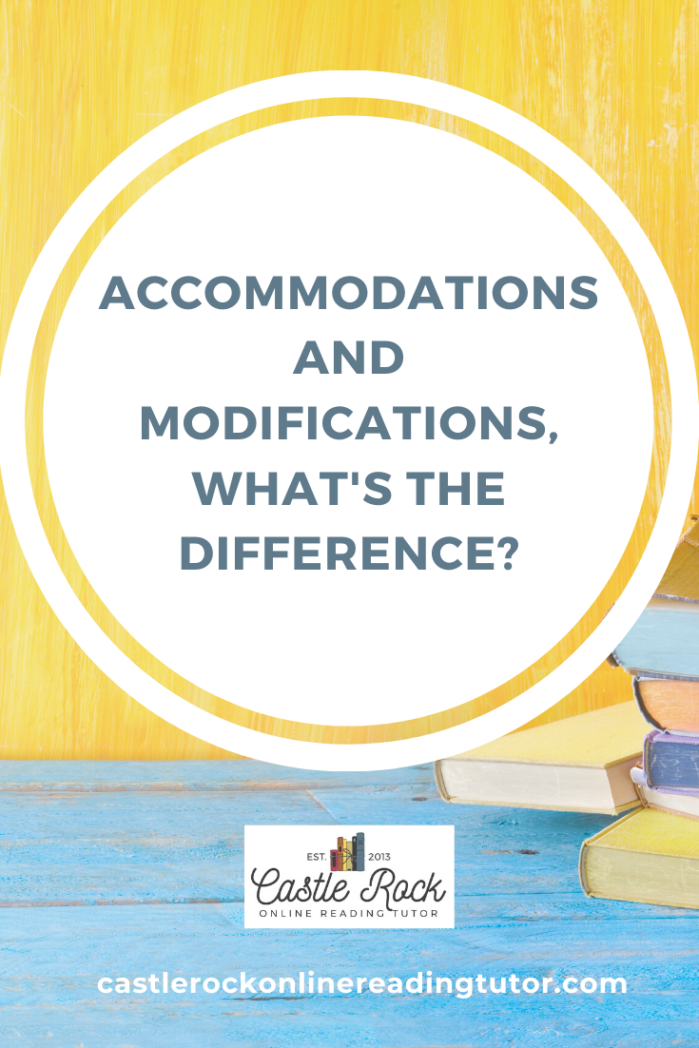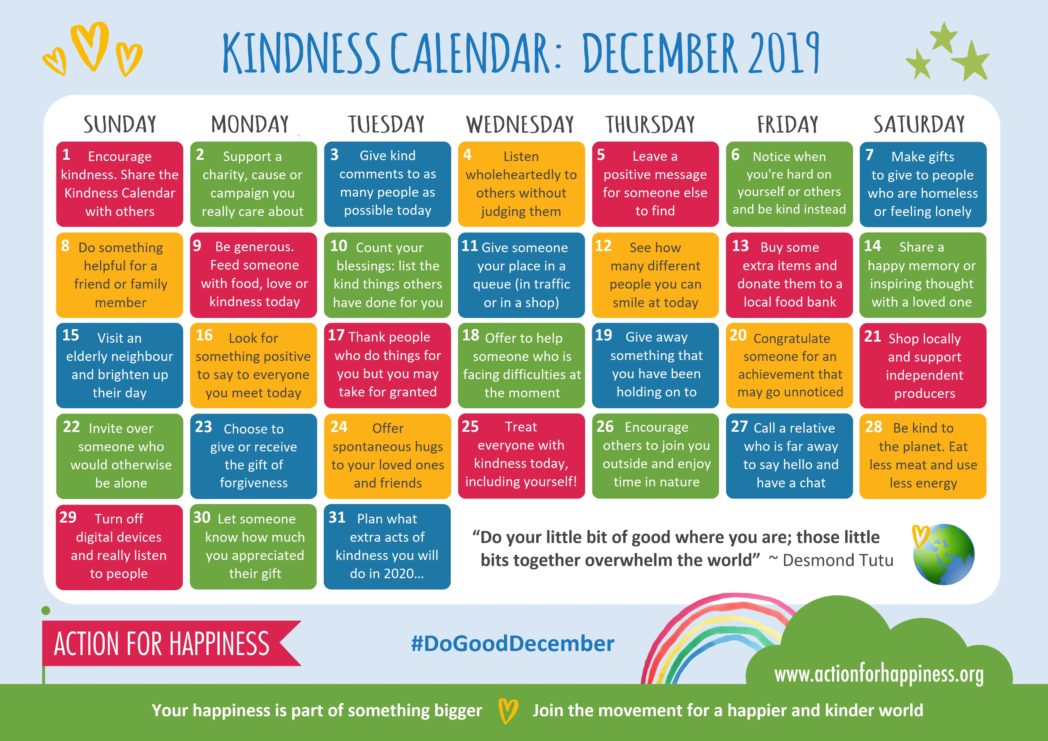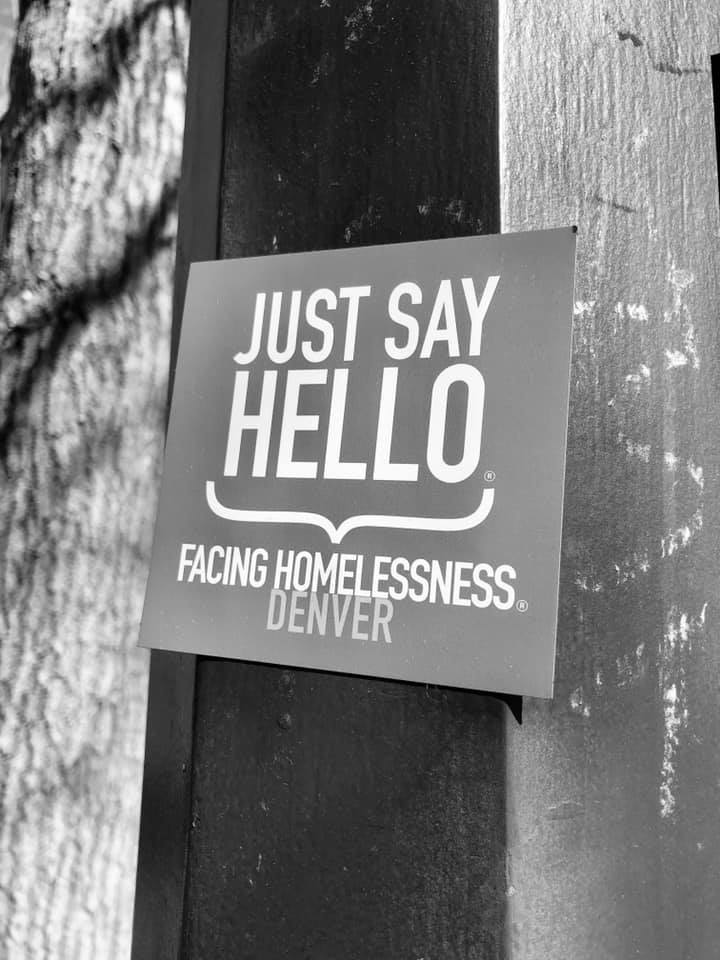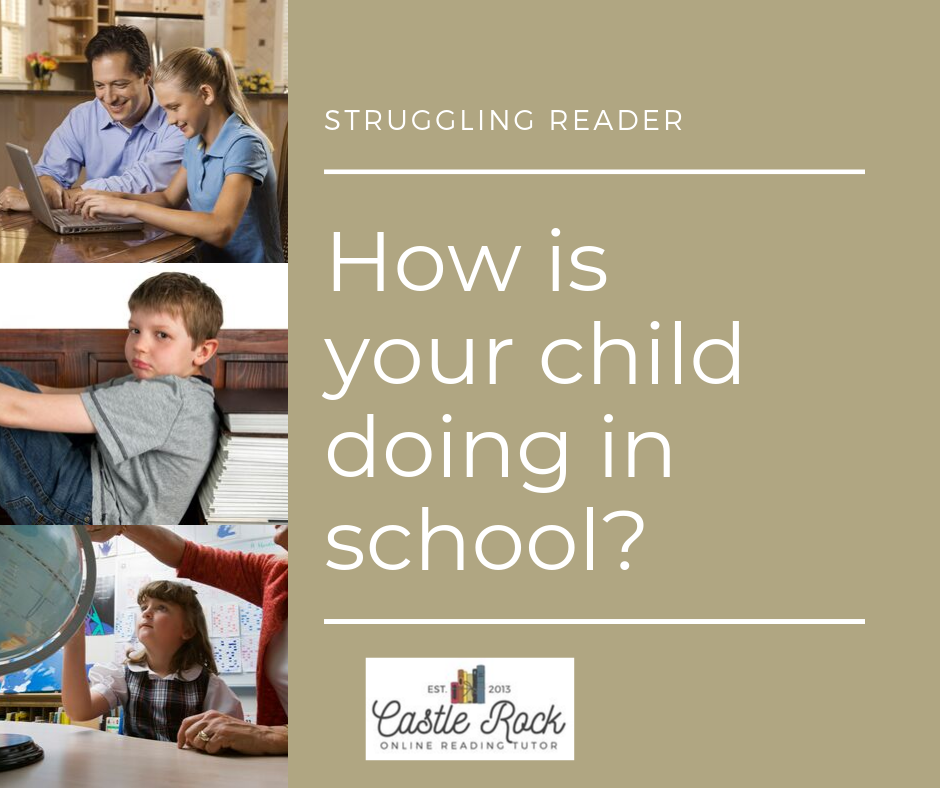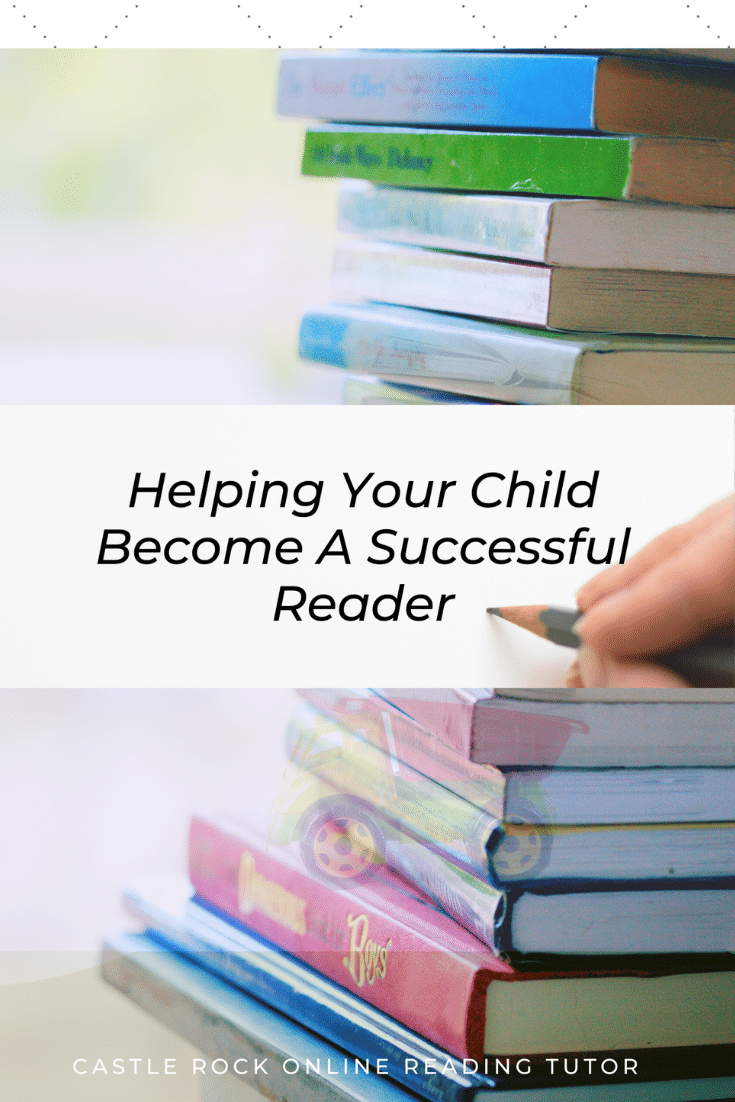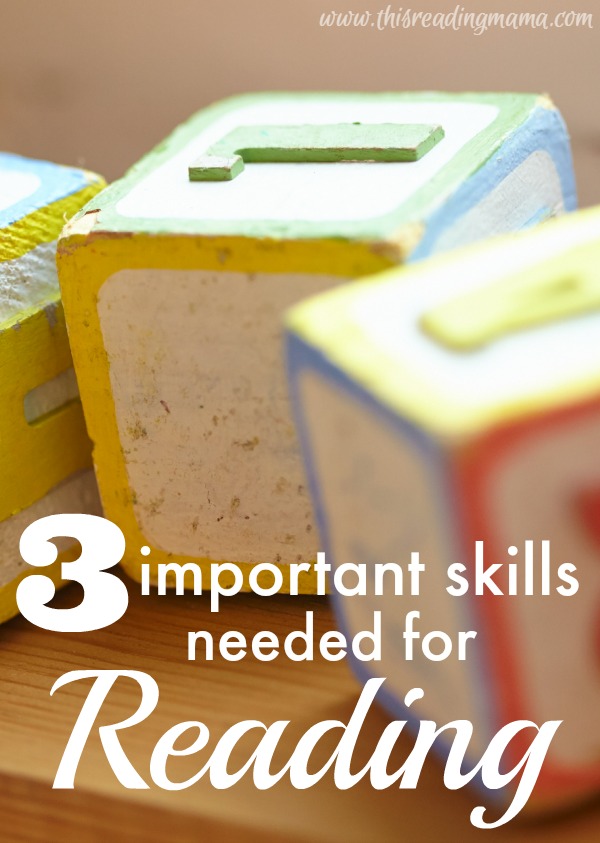Can I Really Tutor Orton Gillingham Online?
Think back a few months before all of these “stay at home” orders were been put in place. You were a tutor either meeting your students at the library or at school, maybe possibly at your students homes. Dragging all of your crafts of the trade with you. When I first started my business that is exactly what I did.
Now think of today or even just a few weeks ago. Stress hit! You needed / wanted to see your students. You did not know where to start and possibly are still.
I really wanted to help those tutors who were stuck. Everyone was reaching out, trying to figure out how to do this.
I have been an online reading tutor for a few years, and you CAN tutor Orton Gillingham online. I could do this!
Since all the schools have closed and life is just different, I created a course on how to use Zoom online as an OG tutor. The course begins with how to use Zoom and how to get online as a tutor. I will be adding to it over time. I know the resources online are the most important so I will be sharing two very amazing creative OG tutors that create awesome material.
2021 Update:
Well, did you make it? The above is what I wrote right after COVID closed everything down. I was so busy and survived. How about you? Did you help your students online? Did you struggle? Let me know in the comments how I can help.
Join my new Facebook group for Reading Tutors and let me know how things are going. We are a new community and I have been helping those who need ideas, support and to just answer questions. I look forward to seeing you there.

Beth Sullivan is a reading and writing tutor who owns Deep Roots Learning Solutions. She has also created a Facebook Page called
Online Orton-Gillingham tutoring – how to and why
Beth is amazing she has developed quite a few FREE resources for the beginning online OG tutor.
Recently, Beth said,“Moving to online tutoring can be intimidating at first but remember that you don’t have to have a fancy lesson with all the bells and whistles when you start out. You still have all your teaching expertise and knowledge to draw on the rest is just details. Have fun!”
The second individual I am going to introduce is Emily Gibbons, she is a Certified Dyslexia Practitioner, Teacher Resource Author, small business owner at The Literacy Nest, LLC Emily is a mom to four just like I am, but her kids are young. This means she works very hard to help her own children learn at home as well as help OG Instructors. She created a Business Facebook Page
Emily mentions, “The Literacy Nest, LLC provides private, Orton-Gillingham services in a 1:1 setting, as well as quality literacy resources with a specialized focus on reading intervention. You will find an extensive inventory of resources to support the Orton-Gillingham approach in the classroom, small group, and 1:1 setting. The Literacy Nest strives to provide tips and strategies for helping struggling readers become successful readers and spread dyslexia awareness to educators and families.”
Finally, Emily has created a Facebook Page for Orton Gillingham Instructors
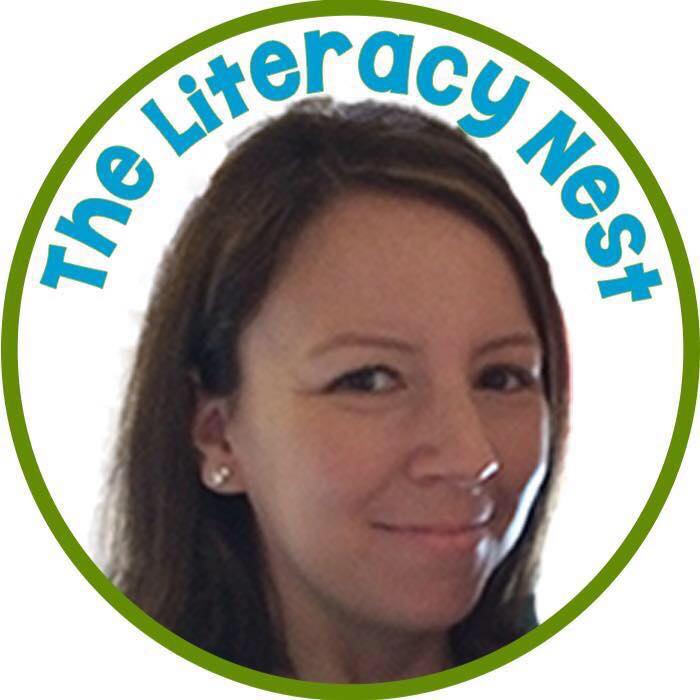
So, during this time of crisis, many are working hard to help tutors who need to get online quickly. We are helping families, students, other tutors, and teachers.
How much does an online OG tutor charge?
Depending on where you live and if there are any face to face tutors available in your area. Currently, everything is being offered online so many I talk to charge between $50 and $150. Depending upon certification, memberships and years of experience. Charge what you are worth.
How many hours are recommended for tutoring a dyslexic student online?
Most students require one to four hours of tutoring per week. However, students living with learning disabilities may need more hours than this. Also, take into account the age of the student. Overtime I have learned that the younger students can only manage to focus on the computer for 30 to 45 minutes. The lessons need to be very structured and formed so they cannot get distracted.
Final notes; You’ve got this! The first few times will be a work in progress, and you will always find ways to tweak your lessons. Remember everyone does them differently and this is all new to many tutors and families.




